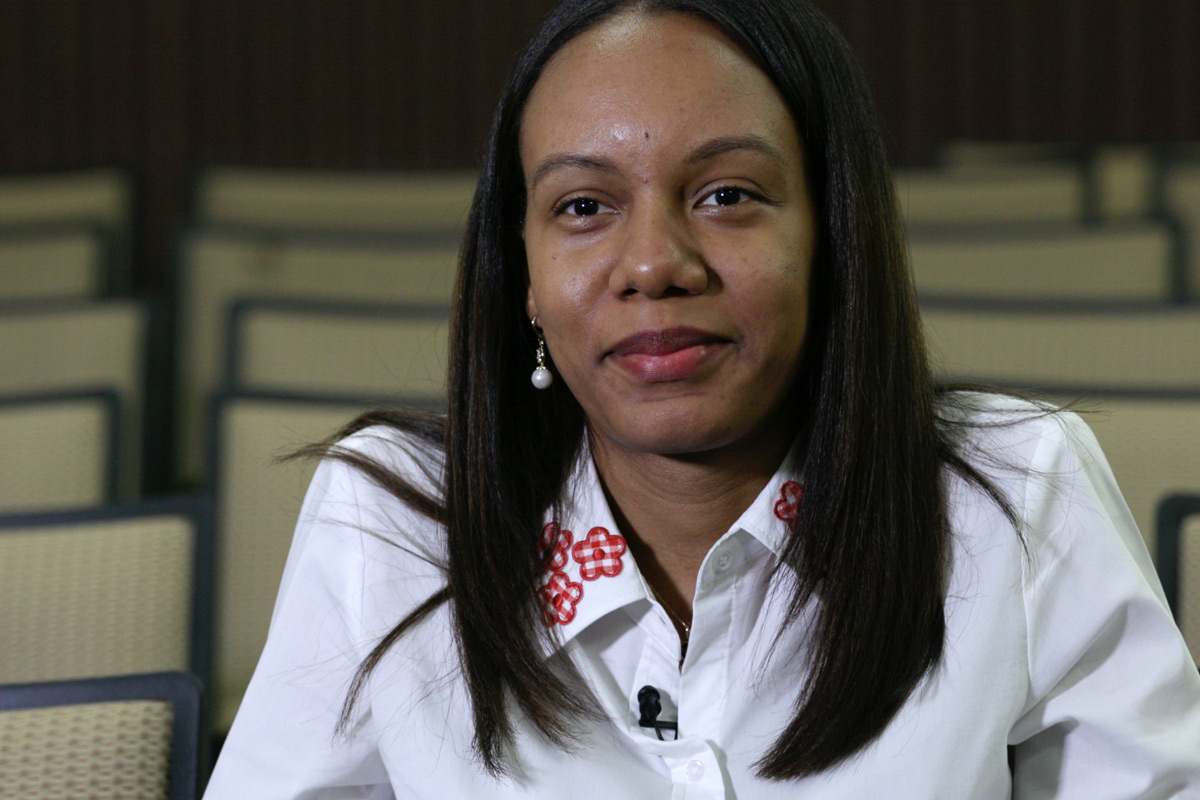Growing up in the Dominican Republic, Deyrha Mills knew she was destined for a profession that entailed helping others.
The only question was what kind of work she would do.
Mills began to get an inkling while working on a 12th-grade project that allowed her to observe a team of visiting Canadian physicians on rounds in a medical clinic in San Pedro de Macorís, in the eastern region of the country.
The experience inspired Mills to go straight from high school to the Universidad Iberoamericana School of Medicine (Dominican universities fold pre-med into undergraduate studies). There, as a medical school student, she again shadowed a health professional – this time, a neurologist.
“That,” says Mills, “is when I decided I wanted to learn about how the brain works and the dysfunctions that can alter the life of a person.”
Mills’ next stop was an internship at a Santo Domingo oncology center.
“I spent a whole year with patients and their families. Learning about their personal situations and economic hardships not only showed me how blessed I was, but also that it was my responsibility to change people’s lives,” says Mills, the daughter of a civil engineer and a teacher. “I really found myself during that year.”
“Learning about their personal situations and economic hardships not only showed me how blessed I was, but also that it was my responsibility to change people’s lives.”
—Deyrha Mills
But it was an invitation to return to Universidad Iberoamericana as a pharmacology instructor that pointed Mills toward neuroscience research and teaching – a confluence that ultimately brought her to Teachers College.
Supported by a Dominican Republic Ministry of Higher Education and Technology scholarship, Mills arrived in New York City in July to enroll in summer courses and take up residence with extended family in Yonkers.
She hopes to narrow her focus to dementia and Alzheimer’s, which afflicted her late grandfather. Like cancer, Alzheimer’s “not only affects the patient, but the family as a whole,” Mills says.
Mills says TC’s emphasis on "education, policy and creating interventions that translate into practical applications for society” challenges her in new and instructive ways.
During the coming spring semester, Mills will focus more on research – a step some might find overwhelming, but one that was always part of her plan.
“I figured, I have the whole year,” she says. “And there are lots of opportunities.”
